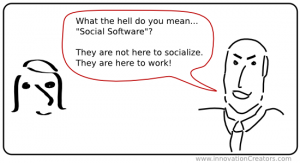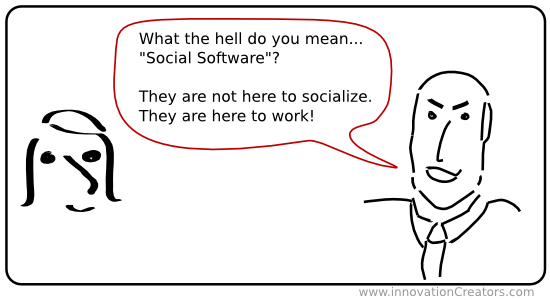If you’re like me, you haven’t talked to a bank teller for years, in fact haven’t set foot inside a branch for a long time. Why should you? You do all your banking online. (?) But you probably wouldn’t think of your bank as *The* Software as a Service provider to run your entire small business…
That’s exactly what Fokus bank pulled off in Norway, in cooperation with 24SevenOffice and Bluegarden. The new, innovative bundle is probably the first of its kind in the World: single sign-on Web solution for your banking and all other business software needs. (hat tip: Espen Antonsen)
Let me reiterate: it’s not just online banking, but a full hosted business system. Given all the trouble I had just getting Quicken / Microsoft Money to work with several major US banks, I have a hard time imagining them come forward with such revolutionary offering. Key benefits to:
- Customers
- Trust, security. SaaS is not as widely accepted in Europe as in the US, and certainly the key issue is that flexible new products come from lesser known smaller providers, which SMB’s see as a major risk. Having the bank manage your data is a reassuring solution.
- The Bank
- Customer retention, in fact competitive advantage to attract businesses away from other banks. In a world when it’s easy to switch banks for the sake of higher interest, Fokus will have a virtual lock on its customers: that of convenience.
- 24SevenOffice
- Access to Fokus banks 200,000 customers; prospectively using it as a vehicle to penetrate the Danish Market since Fokus is owned by Danske Bank. Marketing/PR value of launching a “World First”
This is not the first innovative deal coming from 24SevenOffice: previously they teamed up with Telenor, a leading Scandinavian telco to create a 3G “Mobile Office“.
I’ve been following 24SevenOffice for quite a while (and have received occasional updates from Staale Risa, COO), largely due to my obsession with “Enterprise” functionality to small businesses. I can count on a single hand (two fingers?) the number of All-in-One SaaS providers with comparable breadth of functionality: CRM + ERP + Office .
My only wish is that the company entered the US market sooner. Recently they launched an International version, accessible to US customers, but frankly, that’s about the one thing coming from 24SevenOffice that I am unimpressed with. It removes the key value proposition of being a full-rounded, integrated solution ( a’la NetSuite but more) and positions the system as a lower-cost CRM competing head-on with SalesForce.com. Well, I have news for my European friends: this version does not compete with Salesforce, but with the dozens of other challengers. Personally, I think it’s a marketing blunder.
That said I know the company is working on porting their full system (think accounting, HR ..etc) to US requirements and a full blown US launch is in the works …. stay tuned.
Update (9/8): To access the full 24SevenOffice site, trick the system by selecting a European country, e.g. the UK. You still have to do some digging, a lot of logistic functions are hidden under Financials.
There’s also a neat demo here.










Recent Comments